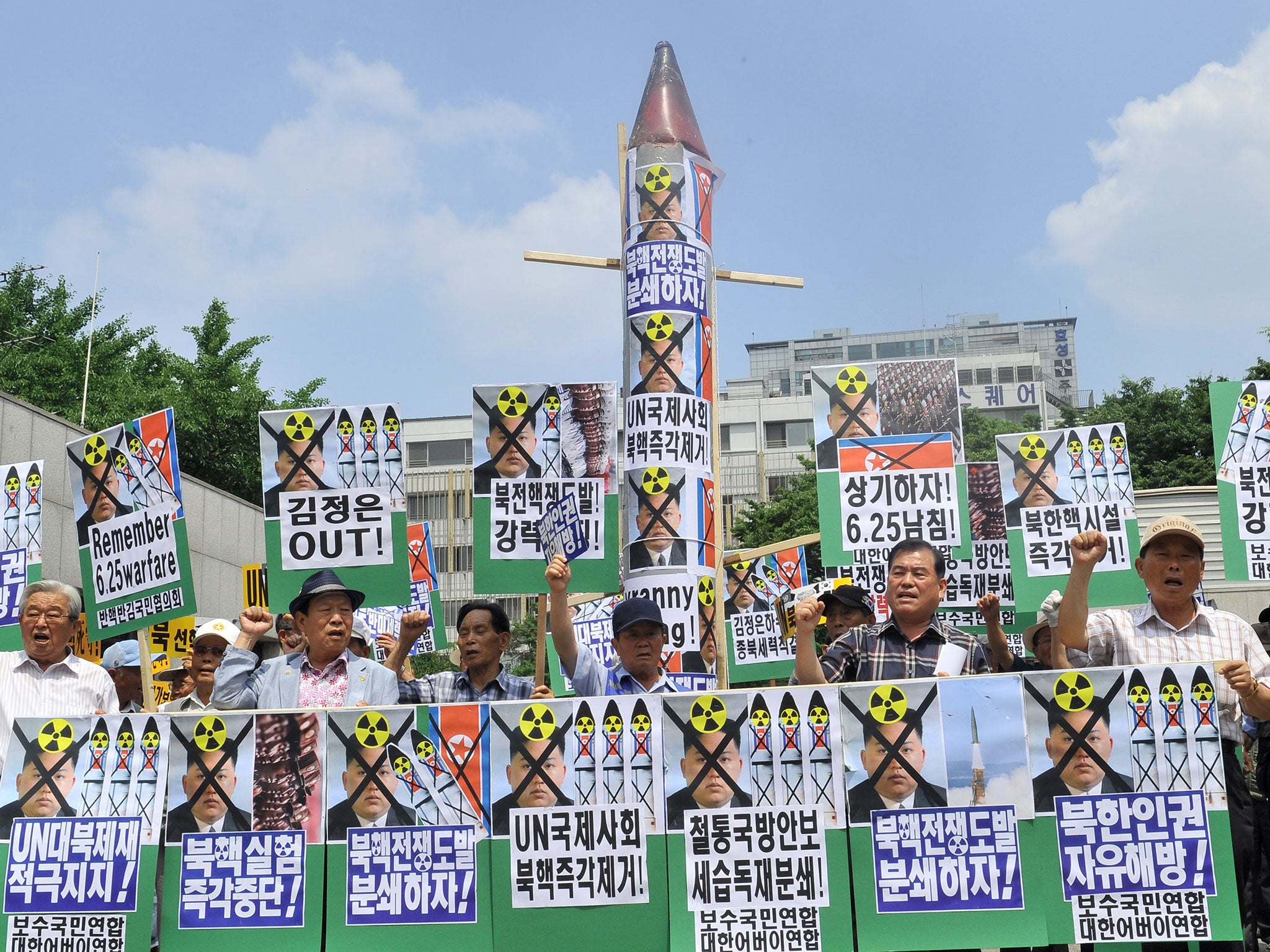Chilling radiation exercises by the Dead Sea
Hundreds of experts simulate a search for illegal nuclear sites as they wait for countries to ratify the test-ban treaty

With a blast of the alarm Andy Collins jumps into action. An inspector has been contaminated with radiation while searching for the site of an illegal nuclear test and it is Mr Collins' job to keep the inspector, and his team, safe.
He moves the inspector to a decontamination tent to begin the slow process of moving from the dirty through to the clean zone, never washing with water as this can hide traces of some nuclear particles.
Mr Collins is usually based at the Atomic Weapons Establishment in Berkshire, but today he is in Jordan beside the Dead Sea. And thankfully this is only a simulation.
The Comprehensive Nuclear-Test-Ban Treaty Organisation (CTBTO) has the job of sniffing out any tests of nuclear weapons anywhere in the world, using hundreds of monitoring stations.
In 2013, the CTBTO spotted signals that a blast had shaken a mountain in North Korea. The organisation tweeted its suspicion that the pariah state had tested a bomb, before North Korean officials confirmed it. But even with its sophisticated equipment, and a budget of $130m (£83m) a year, the CTBTO can only suspect a nuclear test. To know for sure, it must get its experts and equipment on the ground.
The exercise in Jordan is the largest the organisation has ever carried out, covering 1,000sq km of desert. It is also a logistical nightmare. Equipment has been shipped from Vienna, and hundreds of experts have been flown in. The cost of the exercise, which runs for several weeks, is around $10m.
One thing stands in the CTBTO's way: none of the protocols can be carried out for real, as the treaty that the CTBTO is to work under is not yet law. A number of states known to possess nuclear technology, including India, Pakistan and North Korea have not signed and ratified the treaty.
"One way or another we will get this treaty to ratification," says Dr Lassina Zerbo, executive secretary of CTBTO.
"If it takes a visit to North Korea and that brings an end to nuclear testing, I will do it. Isolation does not work, you need dialogue."
Join our commenting forum
Join thought-provoking conversations, follow other Independent readers and see their replies
Comments
Bookmark popover
Removed from bookmarks